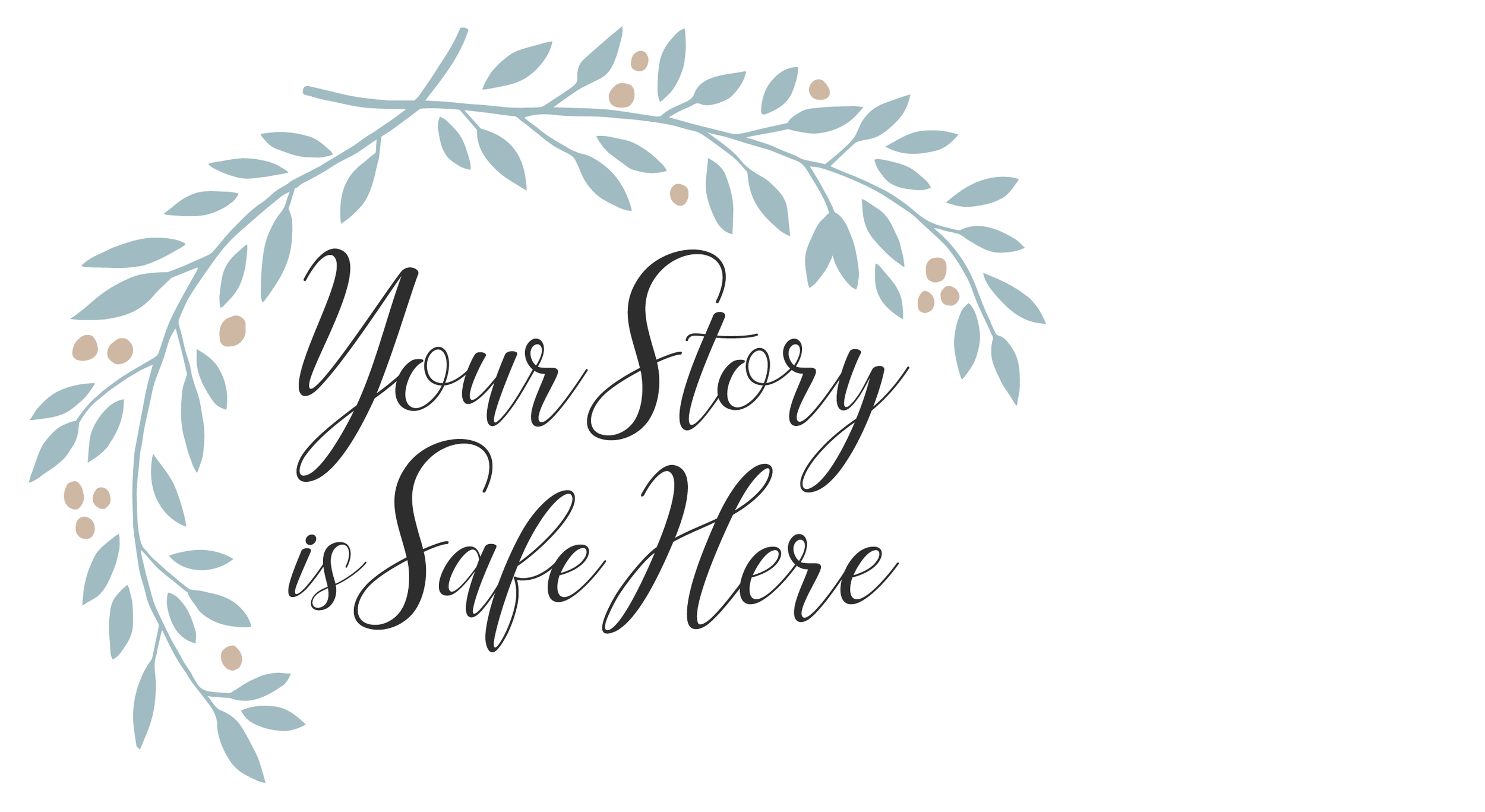Last week’s blog generated significant response. Thank you so much for letting me know when topics help you validate your experiences and ongoing concerns. One reader sent me the following piece about her family’s trauma and how they lurched along together and ultimately chose to put themselves and each other first instead of the man who continued to lie, gaslight, blameshift, and deceive them all through his fake “recovery” years.
The author and her daughters require anonymity but the daughters, in particular, want other kids to know they aren’t crazy and they deserve better from him—and to ask for counseling trauma care support! Don’t count on the treatment industry to be proactive on anything that might suggest their men called sex addicts may have harmed the family so deeply that children should receive immediate and ongoing attention for trauma care. FYI: This not an account of any father sexually abusing children within his own family.
Read More
